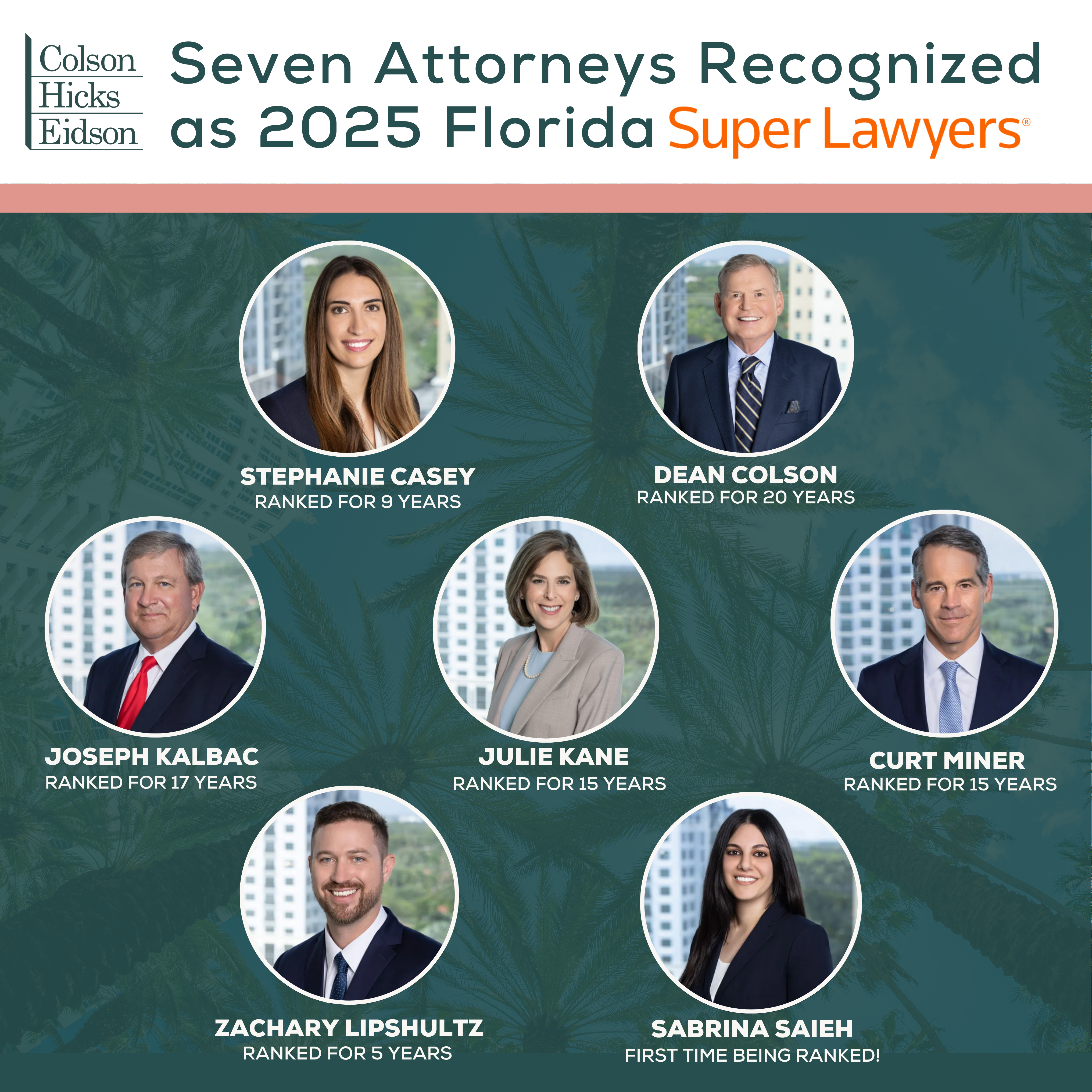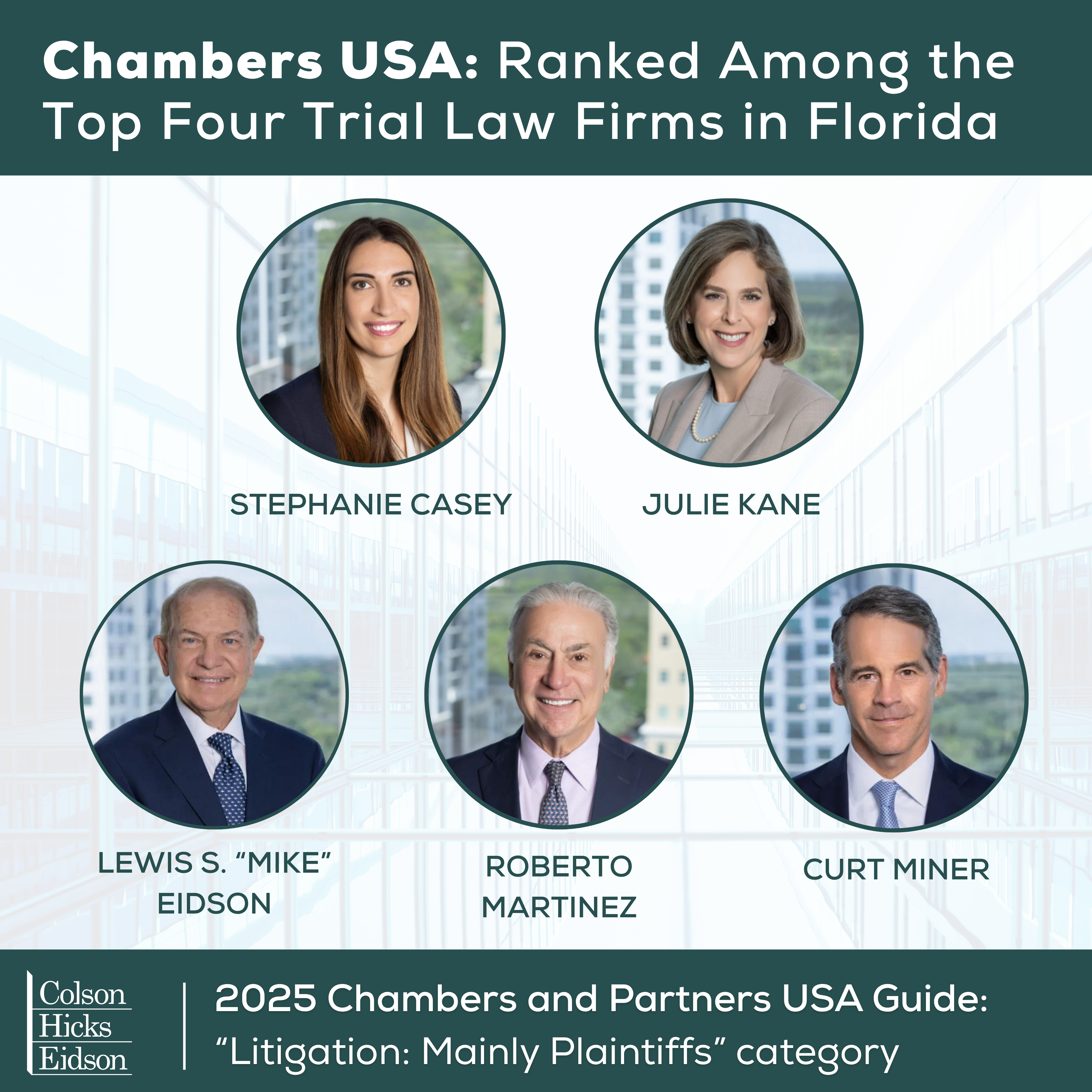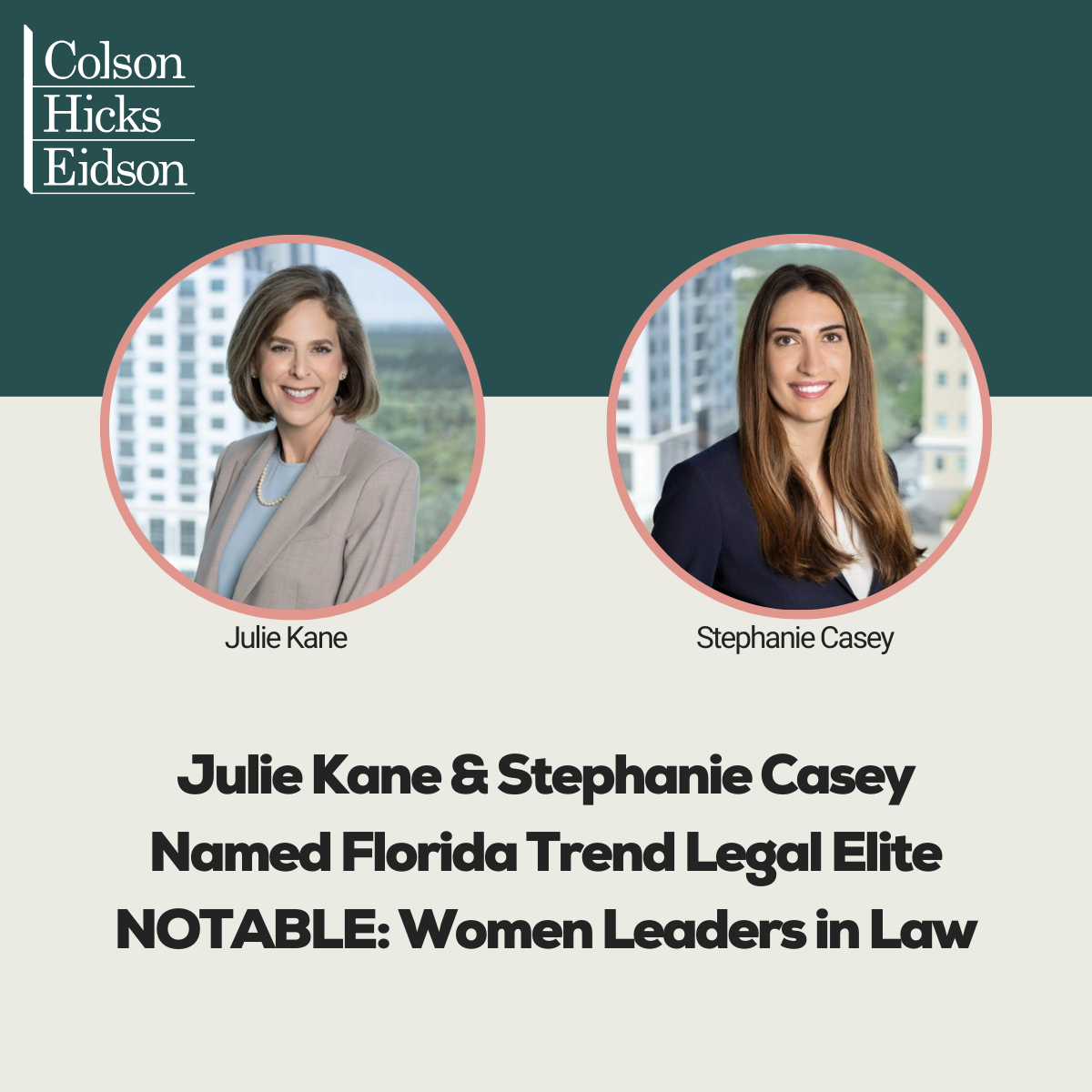FanDuel and DraftKings Class Action Complaint Seeks Return of $5 Million, Alleges Players Were Cheated by “Sharks” Who Used “Sniping Software” to Gain Unfair Advantage
CORAL GABLES (Oct. 19, 2015) – The trial law firms of Colson Hicks Eidson and Lagos & Priovolos have filed a proposed class action lawsuit in U.S. District Court for the Southern District of Florida on behalf of two South Florida men and similarly situated class members against the daily fantasy sports game operators FanDuel Inc. and DraftKings Inc.
The complaint alleges that between February 2012 and October 6, 2015, the defendants engaged in deceptive and unfair trade practices by allowing an elite group of players to use special computer software to gain an edge over most of the other daily fantasy sports competitors who patronized the firms’ websites.
The name plaintiffs seeking to represent the proposed class are Antonio Gomez, a FanDuel player, and Ricardo Alejandro Garcia, who competed through DraftKings. Both reside in Miami-Dade County. The suit alleges both were outmaneuvered by elite players who used “robots,” “spiders,” “scrapers” and “sniping software” to gain a competitive advantage. In effect, they were allowed by the companies to engage in a practice called scripting, where high volume players used automated processes to expedite multiple entries in a single contest.
“While any player may get lucky on the back of a handful of entries into defendants’ DraftKings’ and FanDuel’s games, over time nearly all of the prize money flows to a tiny elite equipped with elaborate statistical modeling and automated tools that can manage hundreds of entries at once and identify the weakest opponents,” the FanDuel and DraftKings class action lawsuit alleges.
To play on the fantasy sports sites, competitors open accounts with the companies which host the competition among individual users. Players pay entry fees to build virtual rosters of actual athletes on sports teams. The participants can win prizes based on the players’ performances in real games.
But the suit alleges that while the amount of prize money for each game was set in advance, the number of users who entered any given game was unknown.
According to the lawsuit, an “overlay” would occur when the amount of a prize exceeded the amount of money received by the companies from the entry fees. To cure the problem, the companies allowed “Apex predators” to “flood the games, because money received from increased entries paid by the predators provides coverage to DraftKings and FanDuel for the overlay.”
Besides the companies, other defendants listed in the suit include individuals alleged to be “Apex” or “Shark” bettors. Drew Dinkmeyer of Fort Lauderdale is alleged to be one of those bettors. Another, Eugene Haskell, is an employee of DraftKings who used inside information to play fantasy sports on both company sites. The suit lists his address as the same as Dinkmeyer’s.
Other defendants include Saahil Sud, an alleged “predator” player based in Boston, and Matthew Boccio of New York, a player who allegedly used insider information about other competitors’ roster selections to his advantage.
The multiple count lawsuit alleges breach of contract, negligence, civil conspiracy, civil RICO and violations of the Florida Deceptive and Unfair Trade Protection Act.
The lawsuit seeks the return of some $5 million in fees and certification of the proposed overall plaintiffs’ class and several “sub-classes” named after the defendants. It seeks the appointment of
Gomez and Garcia as the plaintiff class representatives, as well as compensatory treble damages and pre- and post-judgment interest.
The FanDuel and DraftKings class action lawsuit comes in the wake of growing scrutiny from state and federal authorities into the daily fantasy sports industry.
Last Thursday, the Nevada Gaming Control Board concluded that daily fantasy sports constitutes gambling and should be regulated. It ordered the suspension of online activities by FanDuel Inc. and DraftKings Inc. The Nevada board said it will require both companies to obtain licenses if they want to resume operations in the state.
To date, the fantasy sports industry has not been considered to be engaged in gambling with the companies pointing to language in the federal Unlawful Internet Gambling Enforcement Act. The law defines paid fantasy sports competitions as contests where the results are based on skill that involve “accumulated statistical results of sporting events,” and are therefore not considered gambling. However, the states of Arizona, Iowa, Louisiana, Montana, Nevada and Washington either have a more restrictive definition of a game of skill, or consider daily fantasy sports as gambling.
On Friday, federal investigators in Tampa reportedly subpoenaed the records of the Fantasy Sports Trade Association. The action is part of an FBI and Department of Justice investigation into an unknown number of fantasy sports operators. Two weeks ago, the office of the New York State Attorney General opened an inquiry into whether DraftKings and FanDuel employees won rich payouts with the help of information not available to the public.
# # #
About Colson Hicks Eidson
Colson Hicks Eidson is a trial law firm based in Coral Gables, Florida, that represents consumers victimized by unfair and deceptive trade practices committed by companies in the private sector.
For more information, call 305-476-7400.
About Lagos & Priovolos
Lagos & Priovolos is a trial law firm in Miami. Firm co-founder Christos Lagos focuses on complex civil claims arising out of defective products, unsafe premises, automobile accidents, medical malpractice, and business disputes. Co-founder John Priovolos specializes in complex civil litigation and the defense of criminal prosecutions, including white collar crimes, DUI/traffic infractions, drug offenses, violent crimes and domestic violence.
For more information, call 305-960-1990, or visit www.attainjustice.com.





